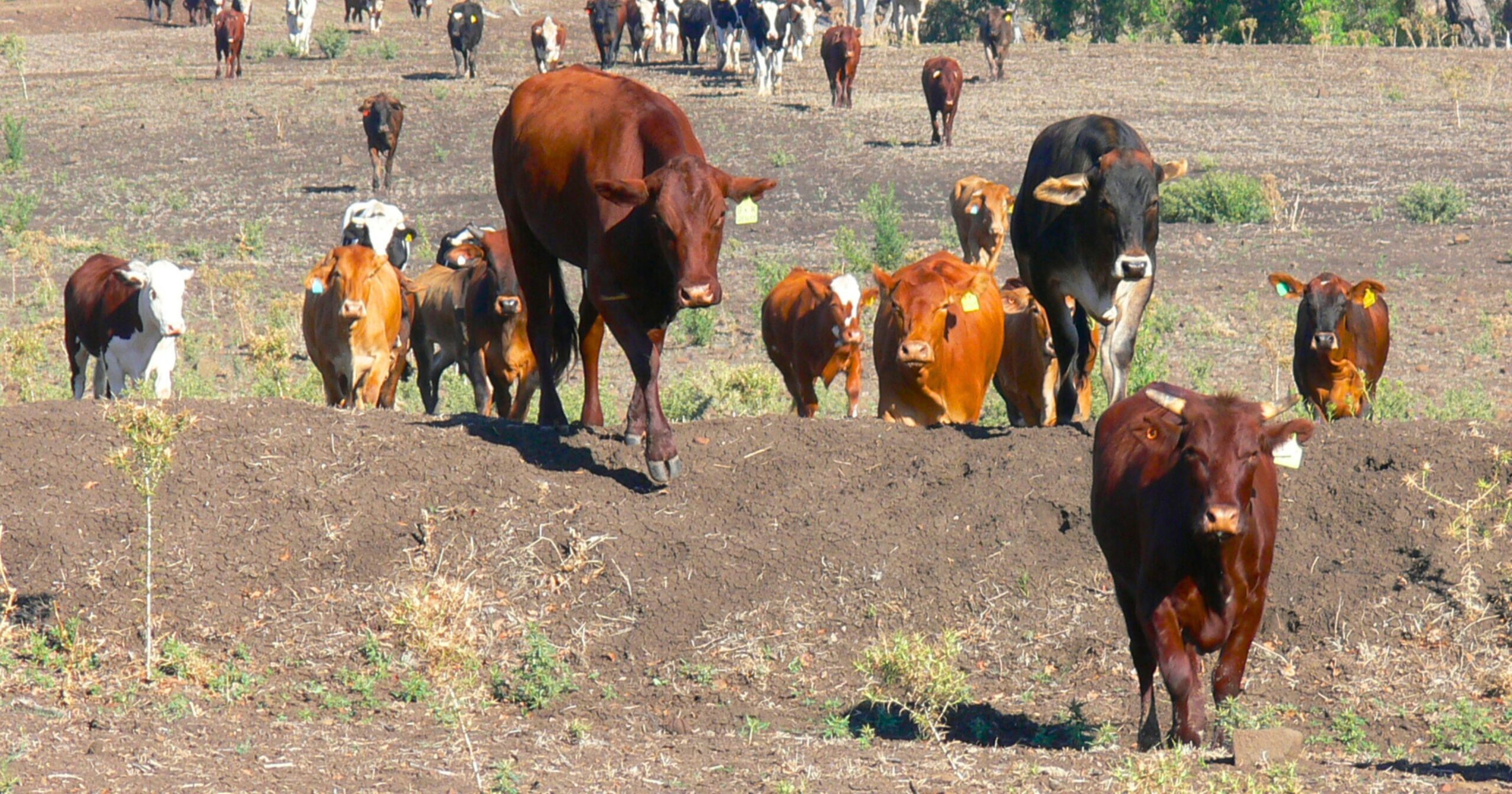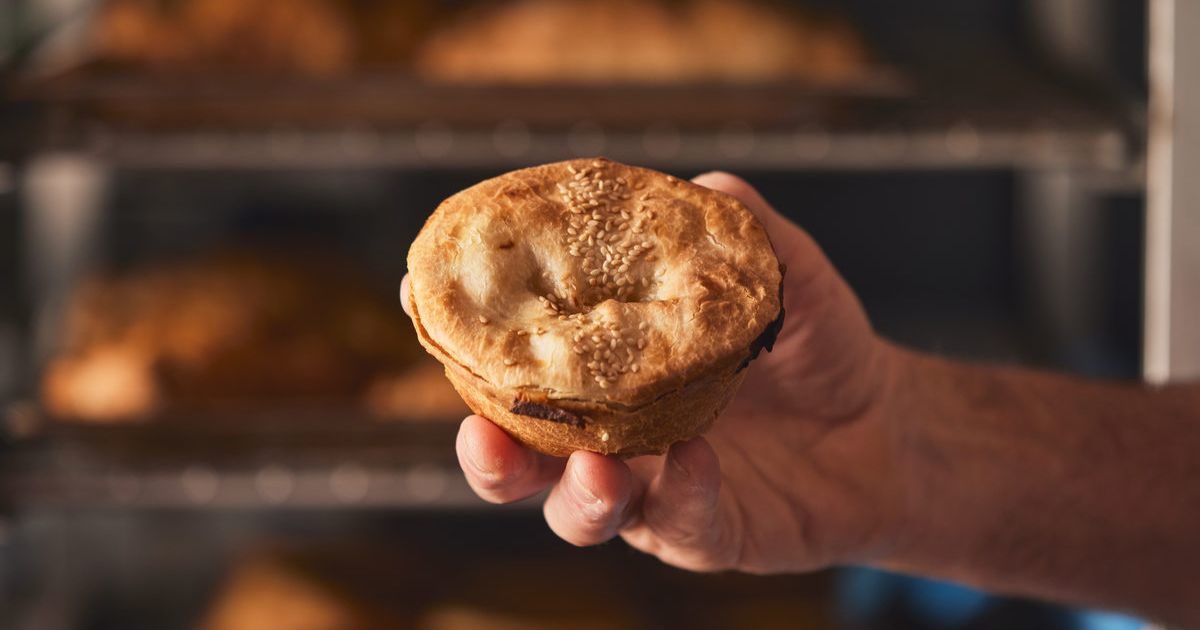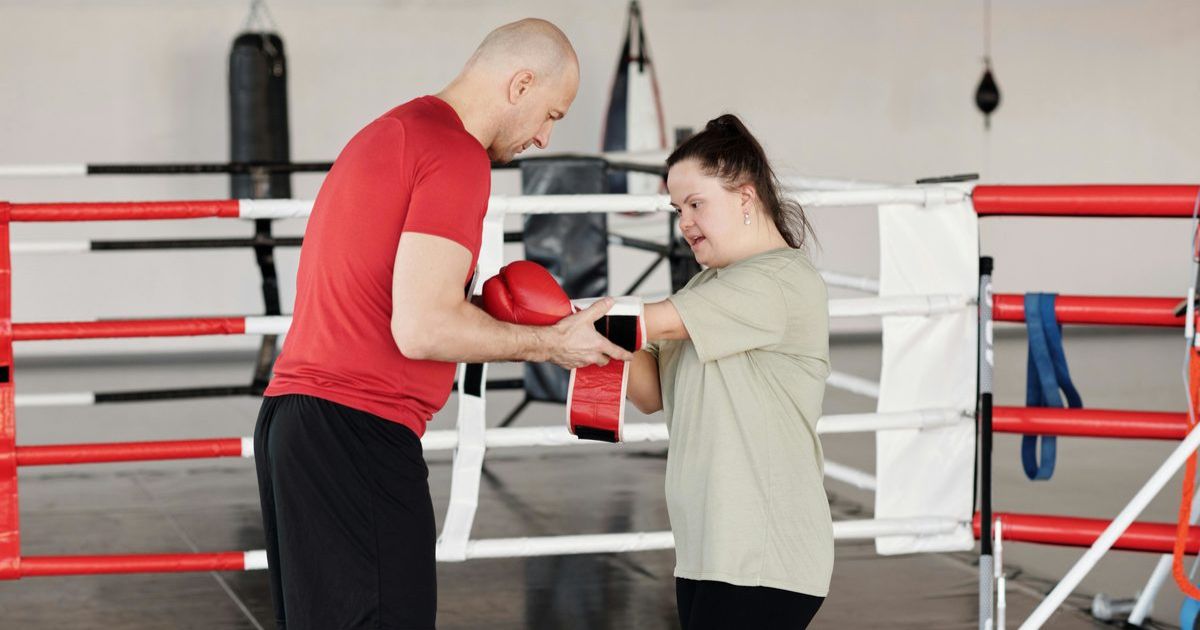Local health boss says COVID could be in Ballarat

Get tested: Heath officials are calling on people to get tested for COVID-19 after repeat wastewater detections in Ballarat. Photo: ALISTAIR FINLAY
THE medical director of the Grampians Public Health Unit, Associate Professor Rosemary Aldrich, has called on people in Ballarat to be on the lookout for COVID-19 symptoms and get tested if needs be.
Her calls come after repeated positive detections of the virus in wastewater at a Ballarat South treatment plant.
“That has caused me concern as the director of public health because what that means is it’s likely, especially with repeat detections… that it’s more probable than possible that there may well be a person who’s COVID positive within our community,” she said.
“It is possible it is someone who has had past infection who’s shedding, but repeat detections warrant enough concern… to ask our community to come and get tested if they have even the slightest of symptoms.”
The Ballarat South wastewater testing site takes in effluent from Alfredton, Bakery Hill, Ballarat Central, Ballarat East, Ballarat North, Black Hill, Bonshaw, Brown Hill, Buninyong, Canadian, Cardigan, Delacombe, Eureka, Golden Point, Invermay Park, Lake Gardens, Lake Wendouree, Lucas, Mount Clear, Mount Helen, Mount Pleasant, Nerrina, Newington, Redan, Sebastopol, Smythes Creek, Soldiers Hill, Warrenheip, and Wendouree.
A positive detection was first registered at the Ballarat South site on 30 August and again on Wednesday, 8 September.
While it is not currently reflected on the Department of Health and Human Services wastewater tracking website, Associate Professor Aldrich said further detections had been made after Wednesday.
As a result Ballarat Heath Services reactivated the pop-up drive-thru COVID-19 testing site at Marty Busch Reserve in Sebastopol.
It’ll be open until 7pm tonight, and from 9am to 6pm on Monday with entry from Charlotte Street.
There’s also a pop-up drive-thru testing site at Victoria Park at Daylesford. It’s currently operating between 9am and 5pm until further notice following a positive case of COVID-19 in that town.
The extra testing sites are in addition to permanent clinics in Ballarat and Daylesford the require appointments to attend.
“The pop-up testing is there to supplement those routine testing facilities and we’ll be evaluating that on a daily basis as to how long the pop-up testing needs to remain,” Associate Professor Aldrich said.
While testing and vaccination are forming a key part of the local response to the latest outbreaks, Associate Professor Aldrich reiterated the importance of other measures.
“We… are really needing to buckle down and make sure that we’re doing everything we need to do to be able to keep COVID at bay,” she said. “Or if it should come into our communities to respond to it swiftly.
“What means… think about the defences we have. Vaccination is our strongest defence but we still observe our mask wearing, physical distancing, making sure we’re attending to hand hygiene, using our QR codes wherever we go.
“Because of some really good information that the public health unit has, we we’re able to identify 90 primary close contacts and tier two contacts [of the Daylesford case], and that’s mainly because the case gave us… very detailed information about where they had been, and importantly used QR codes wherever they went.”


















